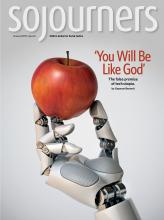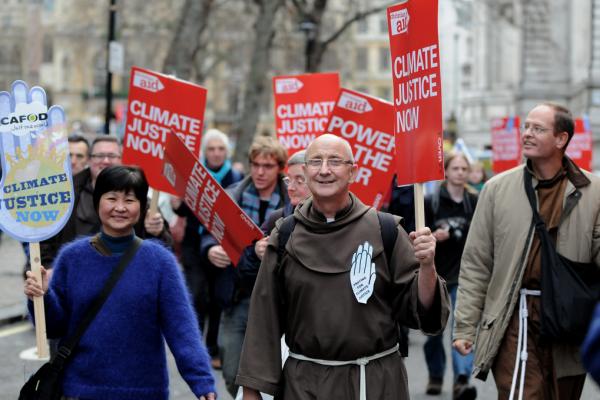IT'S EASY to get discouraged. The Paris climate accord is the most significant multinational agreement yet to address climate change. Every country in the world, and Palestine, signed it. “That’s a lot of countries!” said former President Obama.
But on June 1, 2017, President Trump announced that the United States would withdraw from the Paris Agreement. By abdicating U.S. presidential leadership, Trump left it to the rest of the world’s governments to address the greatest crisis humanity has ever seen.
The depressing actions of the current administration are legion. Using federal agencies and executive orders, Trump is dismantling the climate progress so many have worked for. In September, federal agencies deregulated the release of methane gas, which traps about 25 times more heat in the atmosphere than carbon dioxide does. The Trump administration has allowed land set aside as national monuments to be pillaged for oil and gas drilling and mineral extraction. A fossil fuel corporate lawyer now working for the Environmental Protection Agency has dismantled our clean air regulations. The EPA has established incentives to encourage more than 300 coal plants to continue polluting our air and land.
If human-induced atmospheric warming continues at the current rate, the world will cross the 1.5-degree Celsius threshold of global temperature increase around 2040, much earlier than previously estimated, according to an October 2018 report from the International Panel on Climate Change, the first update since the Paris Agreement. Without aggressive action, food shortages and wildfires will worsen, water shortages will hit urban areas, killer heatwaves and violent storms will be more frequent, coastal areas will experience sea level rise, and populations will migrate. Humanity must become laser focused on achieving net zero emissions if creation as we know it is to survive. In other words, it’s now or never on climate change.
Read the Full Article

